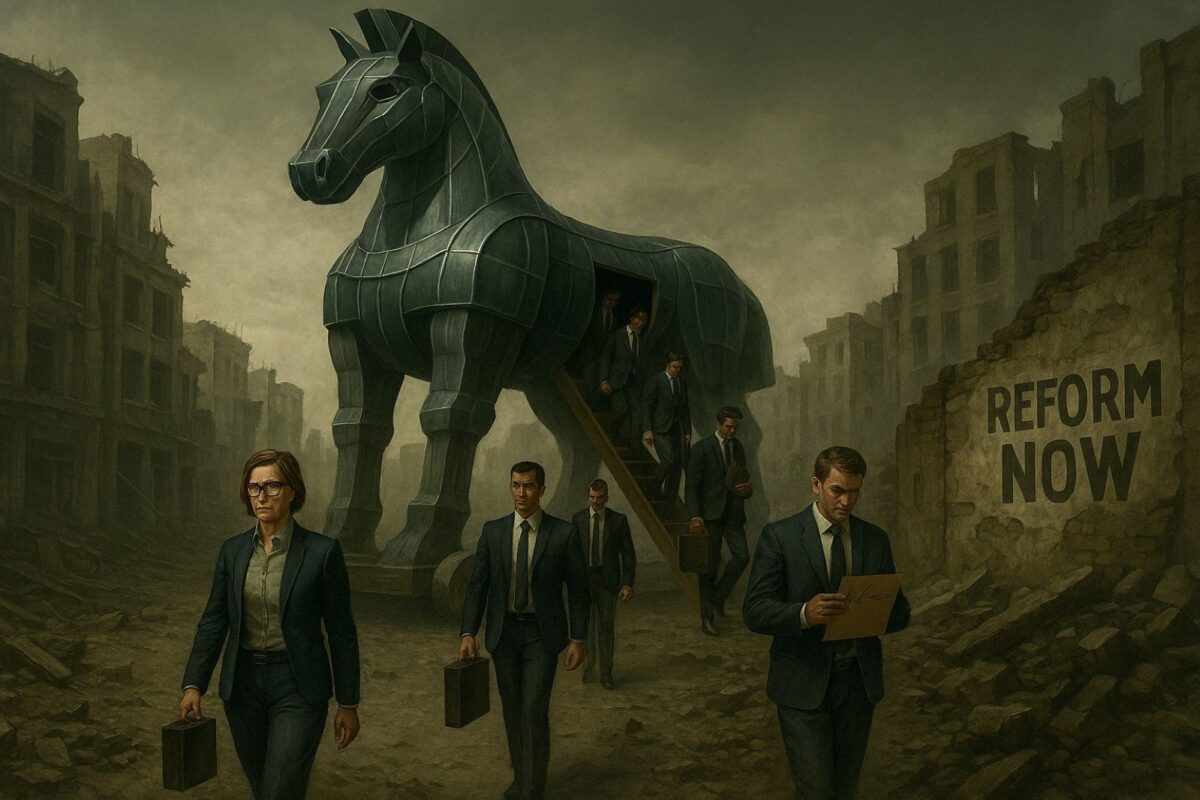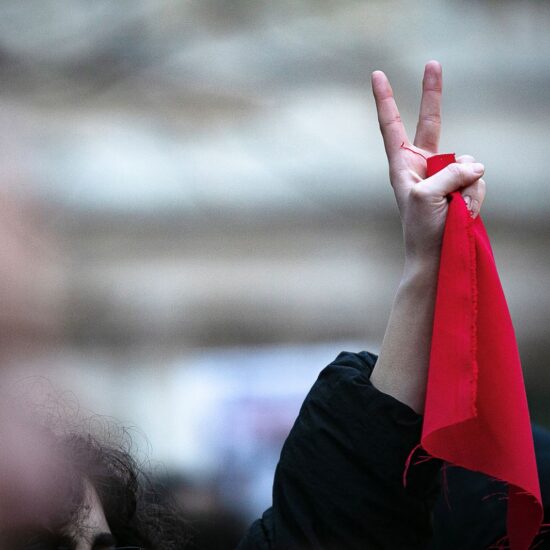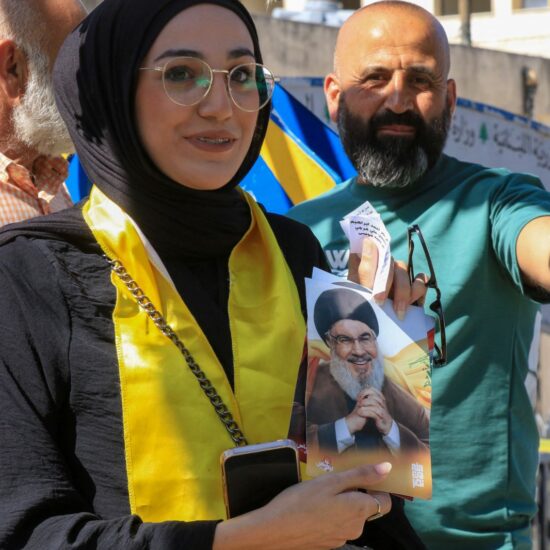
A response to “The Real Fight: Not Over Kulluna Irada, But Over Transparency and Memory”
There’s a certain kind of political commentary that cloaks itself in the language of moral urgency, while quietly asking readers to suspend critical thinking. The latest NOW Lebanon article on Kulluna Irada is a textbook example. It frames a legitimate policy debate as a Manichaean battle between Good and Evil, with Kulluna Irada cast as heroic reformers—and anyone who questions them, by implication, either foolish or corrupt.
This has become a tiresome pattern in modern political discourse: performative virtue signaling dressed up as analysis. It assumes that those who speak most earnestly about “transparency” must, by definition, be on the side of the angels. But Lebanon doesn’t need more savior complexes. It needs clear-eyed thinking and deep skepticism toward anyone who wraps ideology in the reformist brand and expects a free pass.
Let’s be clear: no organization—no matter how polished its press releases or Euro-palatable its language—is above scrutiny. Claiming the label of “reformer” doesn’t grant immunity from legitimate political, economic, or ideological critique. Nor does it make one right by default.
It’s simplistic—and frankly disingenuous—to suggest that all criticism of Kulluna Irada amounts to an attempt to deflect from accountability. Maybe—just maybe—some critics take issue with the NGO’s policy positions because they reflect a narrow, technocratic worldview. One that aligns more with IMF orthodoxy than with principles of democratic pluralism or economic justice.
Maybe they notice the conspicuous silences in Kulluna Irada’s rhetoric: like the near-total absence of serious engagement with Hezbollah’s forty-year stranglehold on the country. That’s not an oversight—it’s a political choice. Dressing it up in technical language doesn’t make it less evasive. Cancers aren’t cured with herbal tea and good intentions.
In the real world, reform is not a hashtag, nor a chat with ChatGPT. It is a complex, contested, and often bloody process that must grapple with real interests, real power, and real trade-offs. Kulluna Irada may not be Lebanon’s ultimate villain (despite what some fringe voices suggest), but let’s not canonize them either.
In fact, in tone and posture—rigid, self-righteous, allergic to dissent—some in their ranks resemble the very forces they claim to be fighting. The reformist mirror sometimes reflects back the same authoritarian instinct, just with better branding.
So let’s retire the messianic narratives. Let’s end the moral cosplay and the myth that some voices are too enlightened to be questioned. Reform requires debate, not deification. Dialogue, not dogma.
To argue, as the NOW article does, that critics of Kulluna Irada are simply “distracting from accountability” is not just intellectually lazy—it’s embarrassingly reductive. As if the only reason one might disagree with a Western-approved NGO is to protect warlords. As if calling yourself a reformer inoculates you from elitism, poor policy, or ideological bias.
Here’s a wild thought: maybe people just disagree. Not out of malice or corruption or nostalgia for the old guard. Maybe they simply hold a different vision of what reform should look like. Maybe they think real reform requires more than audit reports, imported jargon, or PowerPoint patriotism.
There is something uniquely exhausting about this new class of reformists who treat criticism as betrayal, and dissent as sabotage. It’s the same impulse that turned parts of the global progressive movement into insufferable echo chambers: disagreement isn’t just wrong, it’s dangerous. And those who challenge the narrative must be corrupt or unenlightened.
No. Some people just don’t agree with your plan to fix the country. This is a conversation I had with many friends at Kulluna Irada time and time, and time again. That’s not sabotage and those who don’t agree need to acknowledge that all one’s fingers are not the same. That’s simply democracy, move on.
And for what it’s worth, Lebanon has seen more than its fair share of hollow messiahs. They came with flags, militias, ideologies, embassies and now, NGOs. We don’t need another one. Especially not one dressed in donor-approved language, armed with slick infographics, and convinced that moral superiority is a substitute for accountability.
Reform isn’t a vibe. It’s a fight, messy, imperfect, and absolutely worth having. But only if everyone involved agrees to be held to the same standards. Even the “saints” of civil society and their fellow “evil” detractors.







